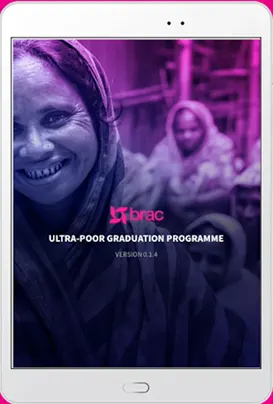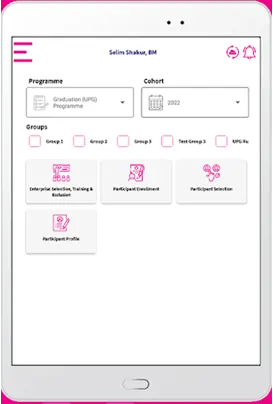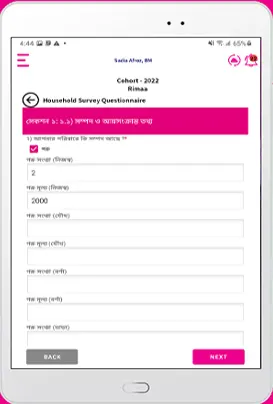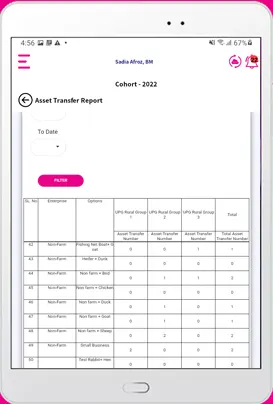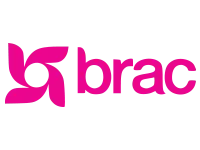NGO Software
Has extensive experience in efficiently managing diverse and large volumes of participant data. These data are utilized in various dynamic reports defined by the client for monitoring and auditing purposes. Data are collected from populations of different classes and geographical areas of interest. They are processed using various criteria/parameters and verified through a standardized approval process. This data serves as valuable information, providing insight into the operational impact of the concerned program. Data collection and processing occur in real-time to enable instant decision-making. Additionally, the same data are utilized to facilitate the migration of ultra-poor individuals and provide access to water, sanitation, and hygiene interventions for underprivileged populations.
Survey data are presented in various formats such as graphical charts, tabular reports, and dynamic reports to enhance analysis and facilitate the decision-making process. Monitoring is simplified by providing different dimensions of dynamic reporting formats.
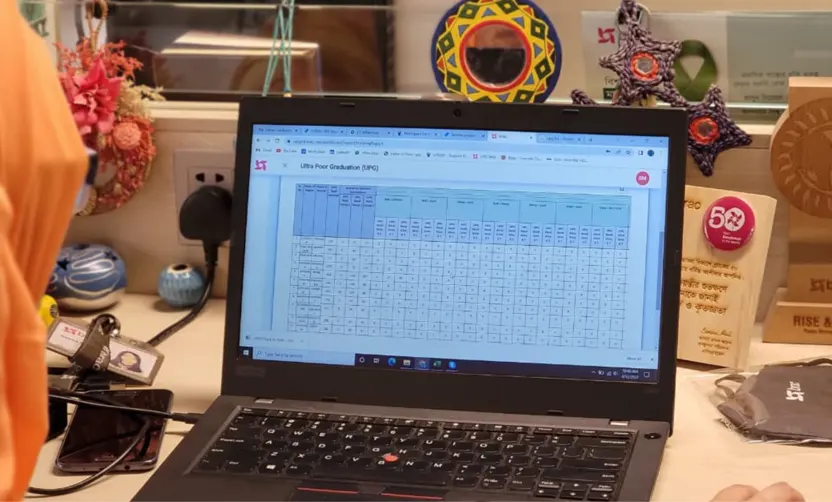
Why was digitalisation needed?
Digitalization is crucial for collecting data from rural fields of NGOs for several reasons:
Efficiency: Digital tools allow for faster data collection, entry, and analysis compared to traditional paper-based methods. This efficiency is particularly important in rural areas where resources may be limited.
Accuracy: Digital data collection minimizes errors that can occur with manual data entry. With digital tools, data can be entered directly into a system, reducing the likelihood of transcription mistakes.
Real-time monitoring: Digital systems enable real-time monitoring of data collection activities. This allows NGOs to identify and address issues promptly, improving the overall quality of the data collected.
Accessibility: Digital tools can be more accessible to field workers in rural areas, especially if they are equipped with mobile devices. This ensures that data can be collected even in remote locations where access to traditional data collection tools may be limited.
Data security: Digital systems can provide better security measures to protect sensitive data collected by NGOs. This includes encryption, access controls, and secure storage, reducing the risk of data breaches or loss.
Data analysis: Digital data collection facilitates easier data analysis and visualization. NGOs can use various software tools to analyze the data collected and gain valuable insights to inform their programs and interventions.
Integration with other systems: Digital data collection systems can often be integrated with other organizational systems, such as databases or reporting platforms. This streamlines data management processes and enhances overall organizational efficiency.
Overall, digitalization of data collection processes in rural areas enables NGOs to improve their operations, make better-informed decisions, and ultimately have a greater impact on the communities they serve.
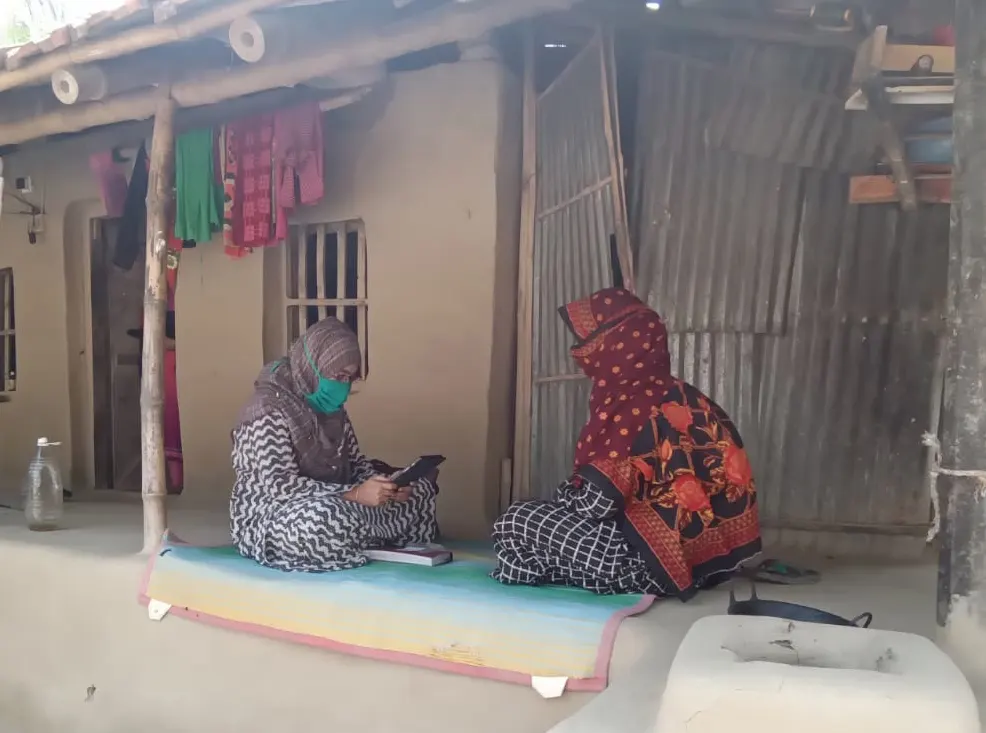
Customer Reviews
Field management team can now supervise, monitor and follow-up digitally, with the support of features like task management, scheduling, approval and preparing work plans for day-to-day activities. Over 2,700 staff members in approximately 244 offices across Bangladesh are now using this platform. “I get instant reports from the field. The digital platform has transformed not just the way we work, but also the mindset we have – teams understand that data is a key driver in decision-making”
– Pratima Rani, Regional Manager, Brac, Bagerhat.
Our Product
The application that helps staff on the frontline to execute tasks with more ease and comfort. For example, staff do not need to manually remember when to give a vaccine to a participant’s livestock anymore, because they get automatic reminders in the system.
